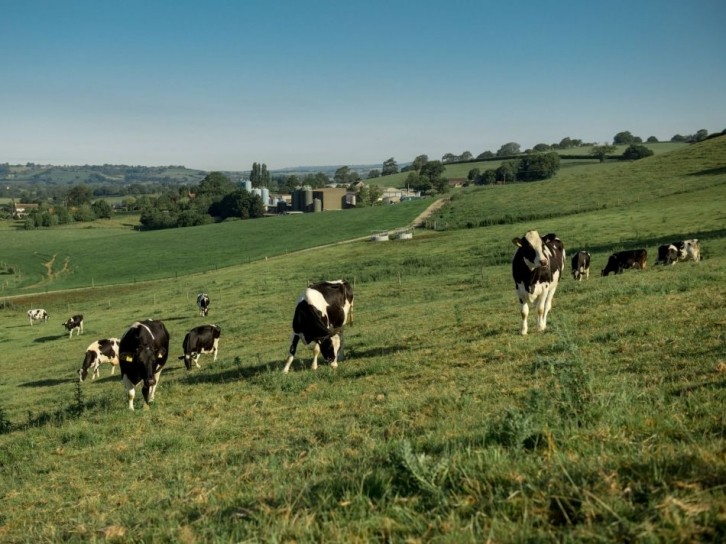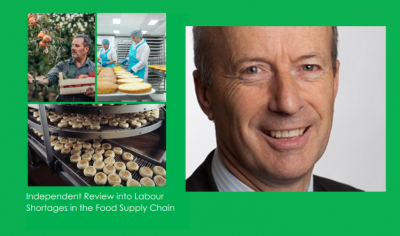News
Labour shortages spark fresh fears over food security

Labour shortages in agriculture is fuelling food price inflation and could lead to a crisis in milk production if these issues are not addressed as a matter of urgency, Arla claimed.
A survey of the cooperative’s farmer owners revealed that almost three fifths (57.7%) found it harder to find staff compared to 2017 – pre-pandemic and the end of free movement of people to and from the EU. A further one-in-eight said they could quit altogether because of labour market challenges.
Arla also found that more than half of farmers (54.8%) had few or no applicants for jobs right had the right skills, demonstrating an acute need to educate, inform and upskill.
Paul Savage, director of agriculture for Arla, commented: “The last twelve months have been incredibly challenging for our farmer owners, as events like the war in Ukraine have driven up the cost of producing milk to levels we have never seen before.
Continued price inflation
“The shortage of staff in the food and farming sector has compounded this and we are at serious risk of continued food price inflation and longer-term food security issues if we don’t tackle this now.”
Challenges surrounding recruiting people into the industry have been compounded by negative preconceptions of dairy farming. Innovative new technologies and data – areas that would prove of interest to potential new hires – have been left out of the conversation when it comes to roles in the dairy industry.
“That’s why we have started a campaign to highlight how farming has changed,” Savage continued. “We have also begun to signpost our farmers towards advice from the Institute for Agriculture and Horticulture.
“Arla will be doing a lot more, and we need the Government to join in via a public marketing campaign celebrating agricultural careers as well as improved career advice in schools and Job Centres.”
Wage bills shoot up
Difficulties with finding staff means that wage bills have also shot up. Farmers surveyed said they had increased pay by almost a quarter on average since 2019 (22%); the majority (60.3%) warned that this pressure would continue over the next 12 months, with implications for food prices.
Arla farmer, Harry Davies, added: “I’ve seen first-hand the problems that a shortage of staff in our industry is creating and the pressure this puts on our production costs is only going to get worse. We need more people coming into dairy farming with the right skills and education.
A career in dairy farming is extremely rewarding with our role in feeding the nation and playing our part in reducing emissions and caring for the land around us. But we can’t educate people about this on our own and really need more support to help us reach schools, career advisors and other influencers to change perceptions of farming as a career of choice.”
In light of these challenges, Arla proposed a set of measures to the UK government in a bid to increase support for farmers and help future-proof British dairy production.
Four step process
These included, educating careers advisors in Job Centres and school on dairy industry roles, working with industry on a coordinated marketing campaign targeted at potential recruits, funding for transport costs for school visits to farms and creating clearer pathways into farming via T-levels and apprenticeships.
Tess Howe, head of partnerships and membership at The Institute for Agriculture & Horticulture (TIAH), comments: “TIAH’s own research across all sectors of agriculture and horticulture matches Arla’s findings, highlighting that there is a huge knowledge gap amongst careers influencers about the industry and the opportunities available.
“In a time of labour shortages, another worrying statistic we’ve uncovered is that nearly half (42%) of farmers are unwilling to take on somebody without an agricultural background.
“To tackle this, we need structures in place not only to attract new entrants, but also to help employers support people as they establish their careers. We are pleased to see Arla taking initiative in the dairy sector and look forward to working with them as part of the wider, cross-industry, careers action plan that TIAH is co-ordinating to attract more people into farming and growing careers.”

















